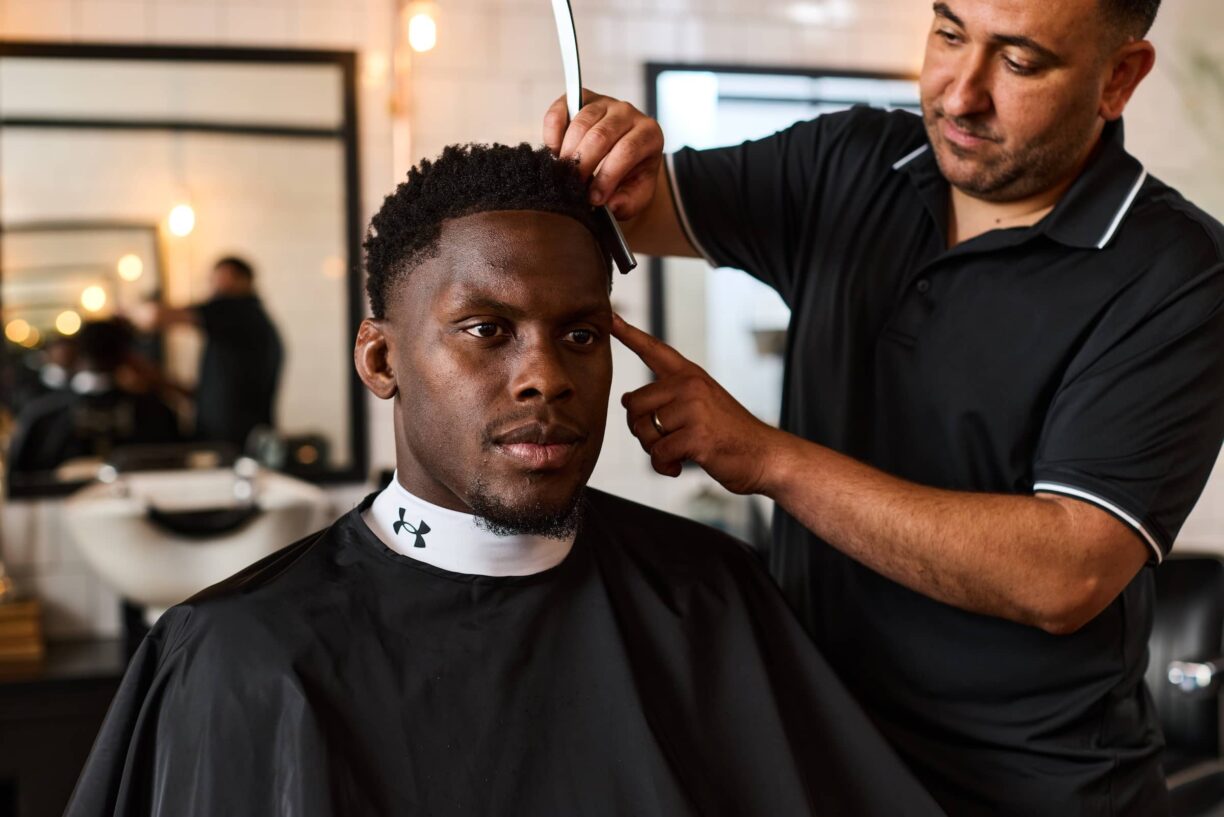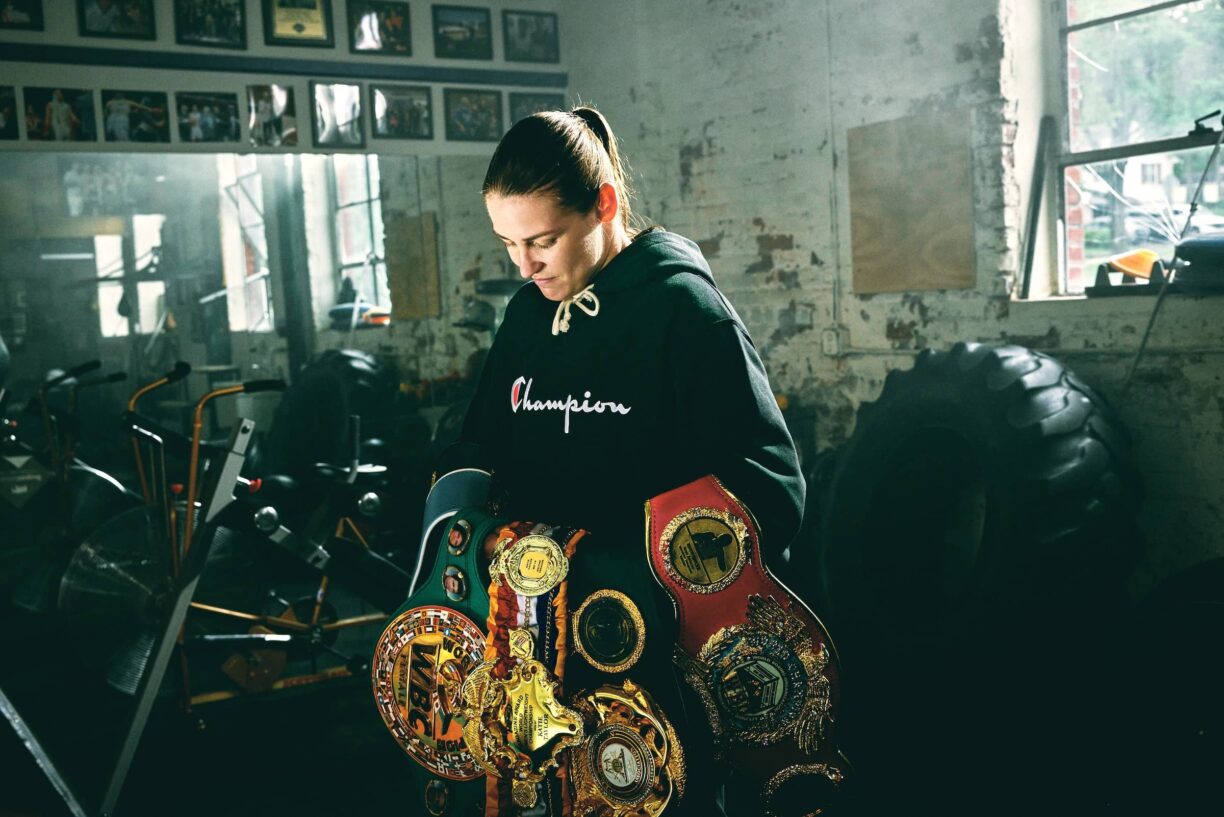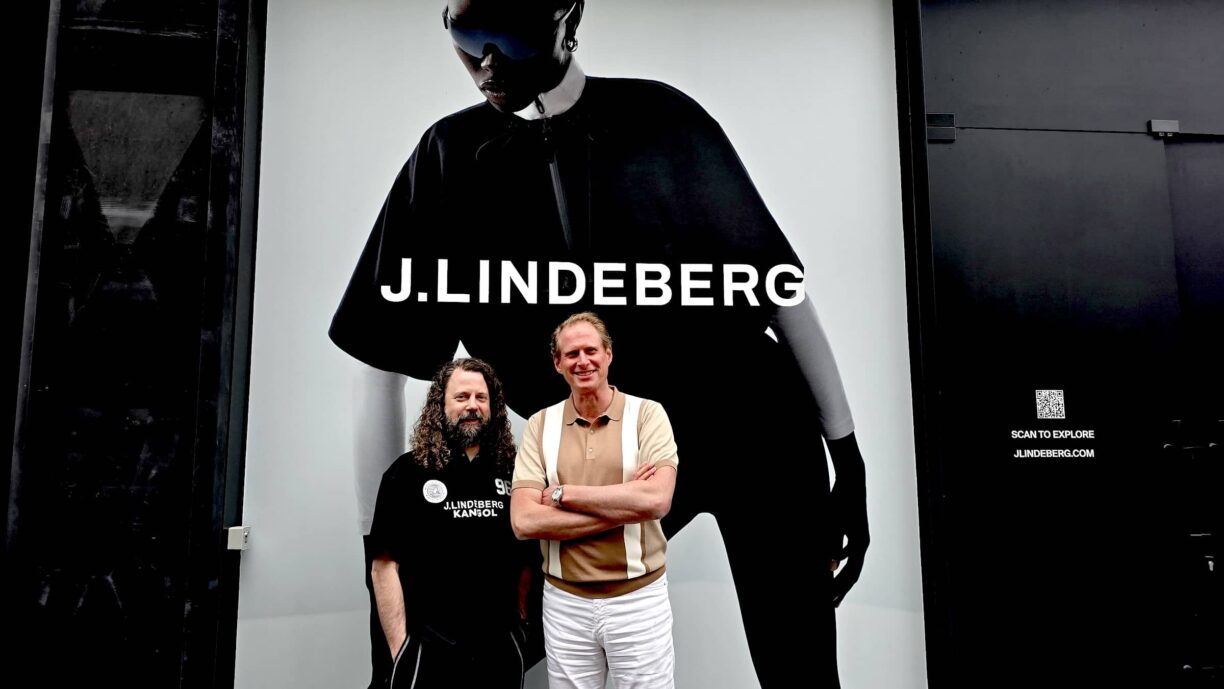In this exclusive interview, courtesy of The Diversity and Inclusion Speakers Agency, Remi Adeleke reveals the progression of inclusion and diversity in the military.
The former US Navy Seal turned SAS: Who Dares Wins presenter reflected on his experience growing up in New York, including how he overcame adversity to join the military.
Remi is a leadership, teamwork and resilience expert, and with first-hand experience of life-and-death situations, his insight is transformative.
What would you say are the key traits for good leadership?
“The most important trait of a good leader, for me, is someone who never looks at their followers as stepping stones, but as actual human beings. A leader who takes a genuine interest in those who they lead.
“I found that when leaders actually do that, the people under them work ten times harder. In everything I do as a leader; I always try to make sure I’m showing a genuine interest in those I’m leading.
“There is a saying, ‘a leader will never make you do something that they have not done or that they are not willing to do.’ I think that’s another key element of a great leader, you must have done what you’re asking your followers to do. You must have done it or you must be so willing to do it.
“If you don’t, it affects morale within the team and within the unit, within the organisation altogether. So those are probably the two most important attributes of a good leader, in my opinion.”
You are one of the very few Black Navy Seals in the US Special Forces; how can they create a more inclusive culture to attract better and more candidates?
“I was around the 50th African American to become a Navy Seal. I think from my perspective and my vantage point – because I’ve worked with recruiting departments – they’re doing absolutely everything that needs to be done to bring more minorities into the programme.
“I think it falls on society and culture, in my opinion. Growing up in the Bronx, the education system was really bad, and the kids did not know about special operations or the different [military] branches and services.
“Then, as far as [swimming] pools, growing up in the inner city there were no pools around where I lived. In order to be a Navy Seal, you have to know how to swim. So, all of the tools that someone needs in order to just qualify or get training, in the communities where I grew up at least, it was non-existent.
“If you don’t know about something, you’re not going to do it. What I did know about in the Bronx was drug dealing, playing sports and rapping.
So, I played sports, I sold drugs, and I rapped. My brother, he was very different from me, and he ended up becoming an engineer – specifically, computer science and electrical engineering.
One of the reasons why he ended up becoming an engineer is because our father was an engineer. So, he had exposure to engineering through papers that my dad left behind and other items.
“He knew that ‘oh, this opportunity is available to me, I could do this.’ He ended up becoming an engineer. I didn’t know anything about the Navy Seals until I watched them in a movie.
I discovered what the Navy Seals were and what they did, and that was my motivation. So, I think it really falls more on society and media plays a huge role.
From films to TV shows, there needs to be more Black Navy Seals in movies, and more Black Navy Seals on TV, like SAS: Who Dares Wins, which now has an African American Navy Seal on the show.
“When kids see that, from different walks of life and especially Black or African American kids, they will think, ‘wow, Remi did it, maybe that’s something I could do,’ because they see themselves in me. I think that’s where the change starts.”
Following on from that. Losing your father at such a young age and moving to the Bronx, what adversity did you overcome to become the success you are now?
“Well, the biggest adversity I had to overcome was myself. I had to learn not to believe the narrative, that my only options were drug dealing, playing sports, fighting or rapping. It took a lot of soul searching on my end.
“So, I would say the biggest adversity I had to overcome were the lies I was told my entire life. Because when you’re young, Black, and you grow up in this environment, you think it is all you can become. It’s all that’s available to you.
“And interestingly, as a young kid, I never thought I would even make it out of the Bronx, like, anything past the five boroughs of New York City was absolutely foreign to me.
So, I had to break down those negative beliefs and change my way of thinking. That in and of itself was a complete challenge and it took me going through a very bad situation.
“It essentially led to me giving up my life of crime and making the decision to join the military. That was the biggest adversity, self-belief.”This exclusive interview with Remi Adeleke was conducted by Chris Tompkins.





